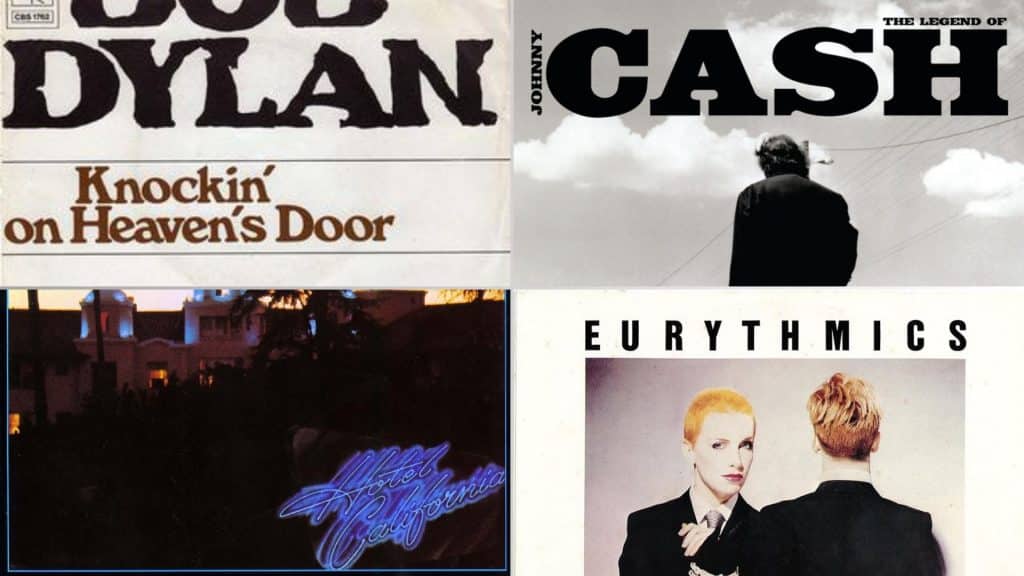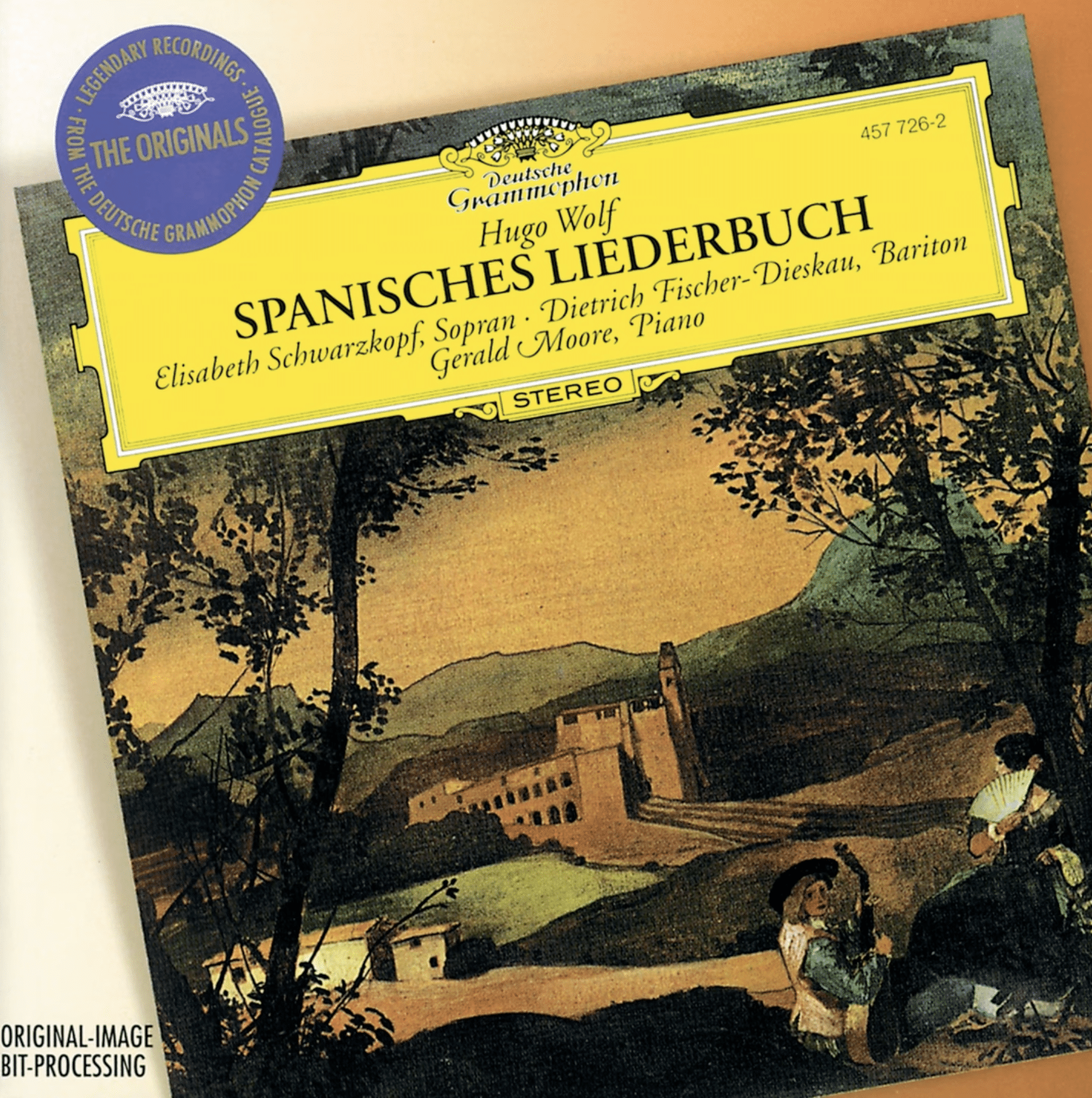Are you a beginner singer looking for easy songs to help you master the art?
You’re not alone.
Many aspiring vocalists struggle to find the right tunes to develop their skills without feeling devastated.
Imagine being able to impress your friends and family with your newfound singing abilities, all while enjoying the process of learning.
The key is to start with simple yet engaging songs that allow you to focus on technique and build confidence.
In this blog post, we’ve compiled a list of 25 easy songs to sing that are perfect for beginners.
These carefully selected tunes span various genres and will help you discover your unique voice while having fun.
Keep reading to unlock the secrets of mastering the art of singing and take your first steps toward becoming a confident, skilled vocalist.
Criteria for Choosing the Perfect Beginner-Friendly Song
Selecting songs that complement your current skill level is crucial when starting your singing journey.
This allows you to focus on developing proper technique without feeling discouraged.
Here are five key factors to consider when choosing an easy song to sing:
1. Limited Vocal Range
Beginner-friendly songs typically have a short vocal range, spanning no more than an octave.
This means you won’t have to worry about hitting those intimidating high or low notes, allowing you to concentrate on perfecting your pitch and tone within a comfortable range.
2. Gradual Note Progression
Songs with large jumps between notes can be challenging for beginners.
Instead, opt for gradual melodies with smaller intervals between notes.
This will help you develop better control over your voice and make it easier to transition smoothly from one note to the next.
3. Moderate Tempo
When you’re just starting out, it’s best to choose songs with a moderate tempo—not too fast or slow.
A moderate pace allows you to focus on proper breathing techniques and vowel formation without feeling rushed or out of breath.
4. Memorable Melody
Catchy tunes are easier to learn and more enjoyable to sing along to.
Select songs with memorable melodies that stick in your mind effortlessly.
When you genuinely enjoy the song you’re learning, practice sessions become less of a chore and more of a delight.
5. Simple Song Structure
Songs with straightforward, non-chromatic melodies are ideal for beginners.
Avoid tunes with complex key changes or unconventional note progressions, as these can be frustrating when you’re just starting.
Stick to songs that follow a simple structure, making them easier to learn and master.
By keeping these criteria in mind, you’ll be well on your way to finding the perfect easy songs to sing that suit your unique voice and help you grow as a vocalist.
Easy Pop and Rock Songs for Beginners
If you’re starting your singing journey, these pop and rock songs are perfect for building confidence and honing your skills.
With their simple melodies and limited vocal range, you’ll be belting out these tunes quickly.
1. “Knockin’ On Heaven’s Door” by Bob Dylan
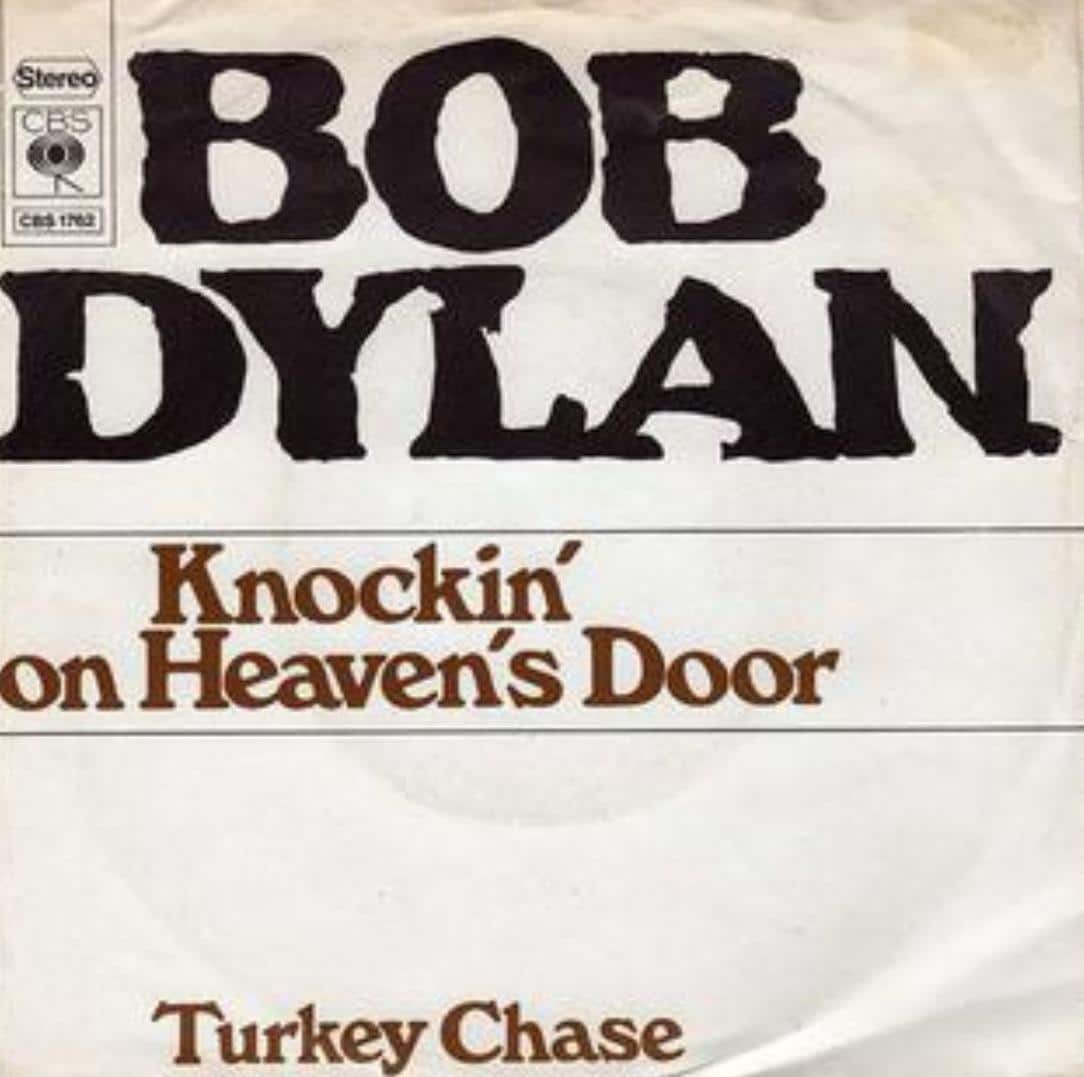
This classic song features a simple, repetitive melody and a limited vocal range, making it an excellent choice for beginners.
The slow tempo lets you focus on breath control and pronunciation, while the iconic lyrics are emotionally resonant and easy to remember.
2. “Sweet Home Alabama” by Lynyrd Skynyrd

With its catchy guitar riff and memorable chorus, “Sweet Home Alabama” is a fun song to learn and sing along to.
The vocal range is quite narrow, and the lyrics are straightforward, making it accessible for novice singers.
3. “Da Doo Ron Ron” by The Crystals

This upbeat 60s hit is perfect for beginners thanks to its simple melody, repetitive lyrics, and narrow vocal range.
The song’s infectious rhythm and memorable “da doo ron ron” hook make it a joy to sing and practice.
4. “Losing My Religion” by R.E.M.

“Losing My Religion” is ideal for beginners seeking a more contemporary sound.
The melody is primarily built around a single note, with occasional small jumps, making it easy to learn and sing.
The moderate tempo allows for a focus on breathing and phrasing.
5. “Sweet Dreams (Are Made of This)” by Eurythmics

This 80s synth-pop classic features a simple, repetitive melody that stays within a comfortable vocal range for most beginners.
The slow tempo and dreamlike atmosphere allow one to practice emotional expression and dynamics without overwhelming technical challenges.
Keep the vocalizing parts within the same octave for the easiest approach.
6. “Karma Chameleon” by Culture Club

This iconic 80s pop song features a catchy melody that spans just one octave, making it a perfect choice for beginners looking to expand their range.
The upbeat tempo and memorable lyrics make it a fun song to practice and perform.
7. “Hurt” by Johnny Cash

Johnny Cash’s stripped-down cover of “Hurt” is a powerful and emotional song showcasing simplicity’s beauty.
With a range of just one octave and a slow, steady tempo, this song allows beginners to focus on conveying feeling through their voice.
8. “Sing For You” by Tracy Chapman

Tracy Chapman’s soulful voice shines in this heartfelt ballad.
The song’s melody spans a single octave, making it accessible for beginners, while the lyrics provide an opportunity to practice emotional expression and storytelling through song.
9. “Banana Pancakes” by Jack Johnson

This laid-back, acoustic tune by Jack Johnson is a great choice for beginners looking to develop their sense of rhythm and timing.
The song’s one-octave range and simple chord progression make it easy to learn and sing along to.
10. “With a Little Help From My Friends” by The Beatles
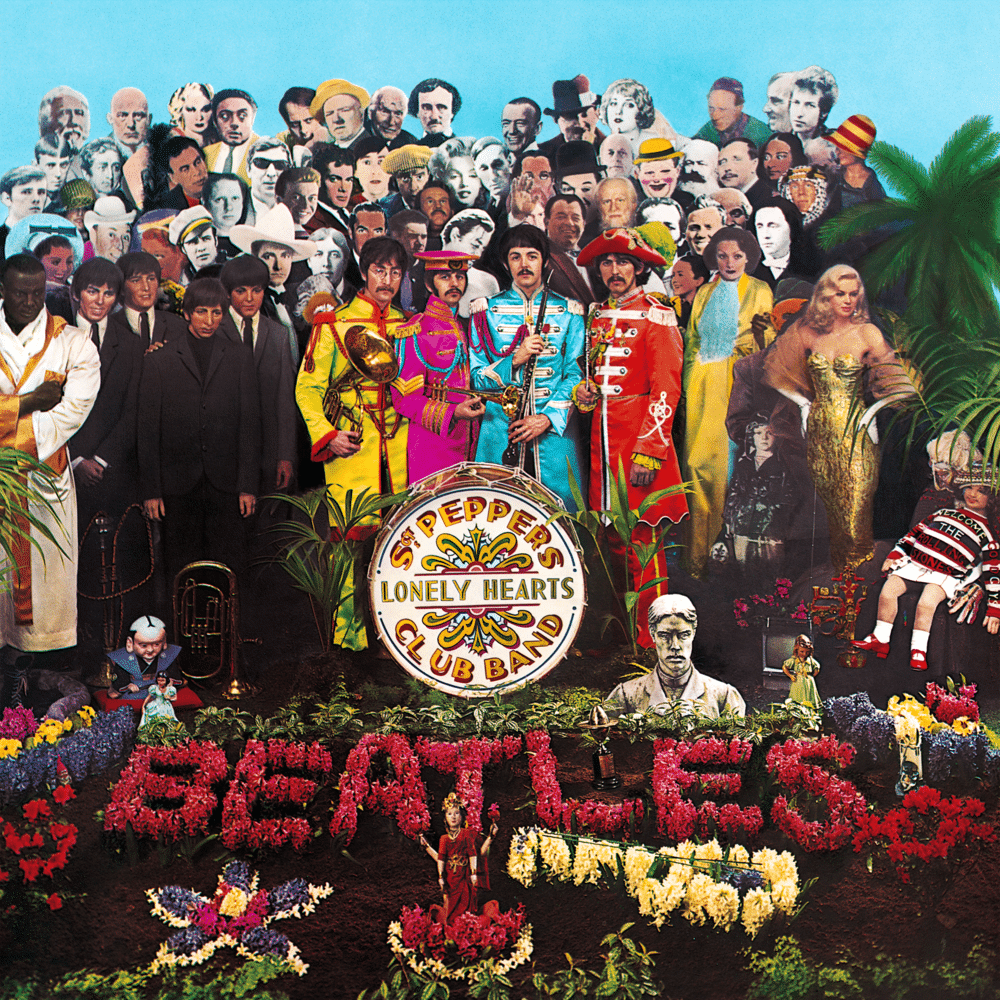
This Beatles classic is known for its singalong chorus and feel-good vibe.
It’s an approachable song for beginners with a vocal range of just one octave and a moderate tempo.
The lyrics celebrate the power of friendship and harmony, making it a joy to perform.
As you practice these tunes, focus on proper technique, breathing, and emotional connection to the music.
Beginner-Friendly Classical Songs to Elevate Your Vocal Skills
Classical music offers a wealth of opportunities for beginner singers to refine their craft.
With their simple melodies and limited range, these five songs will help you develop breath control, phrasing, and emotional expression.
11. “O Cessate Di Piagarmi” by Scarlatti
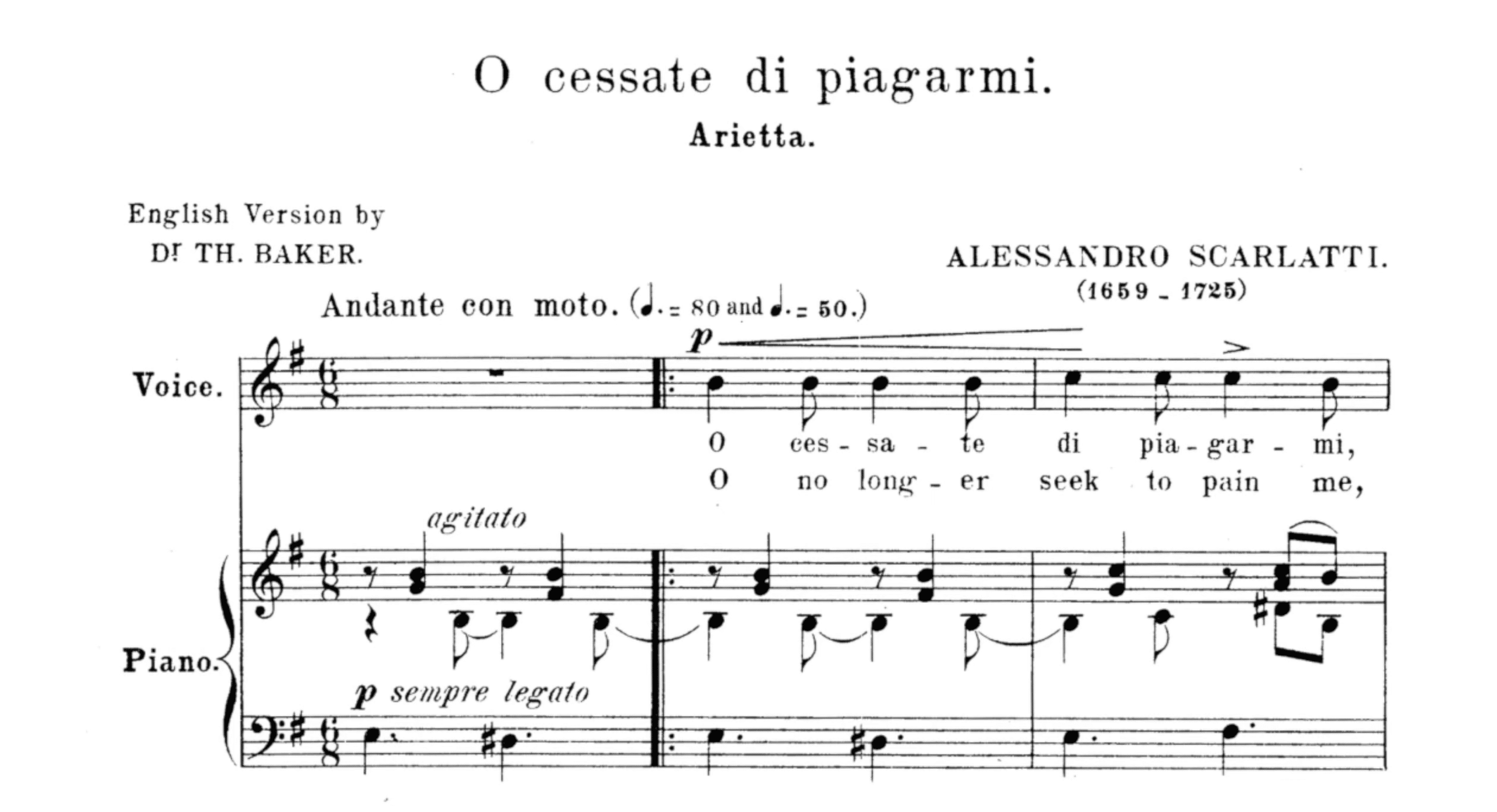
This beautiful Italian aria features a melody that spans just seven notes, making it an excellent choice for beginners.
Despite its simplicity, the song allows for expressive singing and helps develop breath control and phrasing.
12. “Nun Wandre Maria” by Wolf
This German lied, or art song, has a limited range of just six notes, making it accessible for novice singers.
The slow tempo and emotional lyrics allow you to practice conveying sentiment through your voice.
13. “Delizie Contente” by Cavalli

This delightful Italian song, composed in the 17th century, has a range of seven notes.
While the melody is somewhat chromatic and the song is quite long, its beauty and simplicity make it a rewarding piece for beginners.
14. “Der Gärtner” by Wolf

Another German lie by Hugo Wolf, “Der Gärtner,” has a range of just seven notes, making it suitable for beginners.
The song’s charming lyrics and simple melody allow singers to focus on developing their tone and expression.
15. “Die Forelle” by Schubert

This beloved German lay by Franz Schubert features a simple melody with a range of seven notes in the main section.
The song’s playful lyrics and memorable tune make it a joy to learn and perform, even for beginners.
Be aware that the B section extends the range slightly beyond an octave.
Including these classical songs in your practice routine can help you develop your vocal technique, improve your breath control, and gain a deeper appreciation for singing.
Remember to take your time and focus on mastering each piece before moving on to a more challenging repertoire.
Musical Theater Songs Perfect for Beginners
Discover the magic of musical theater with these five beginner-friendly songs.
From classic shows like The Sound of Music to modern favorites like The Little Mermaid, these tunes will help you develop your stage presence and storytelling skills.
16. “Edelweiss” from The Sound of Music

This beloved song from the classic musical features a simple melody with a range of just seven notes.
The heartfelt lyrics and gentle waltz tempo make it an excellent choice for beginners looking to develop their tone and emotional expression.
17. “Stay Awake” from Mary Poppins
This lullaby from the enchanting musical Mary Poppins has a limited range of seven notes, making it accessible for beginner singers.
The song’s soothing melody and comforting lyrics provide an opportunity to practice breath control and soft, sustained singing.
18. “All That Jazz” from Chicago

This jazzy tune from the hit musical Chicago spans one octave, making it a fun challenge for beginners.
The song’s syncopated rhythm and playful lyrics allow singers to explore their musical theater style and develop their stage presence.
19. “Do-Re-Mi” from The Sound of Music

This iconic song is an excellent tool for learning basic pitch and intervals.
With a range of one octave and a catchy melody, “Do-Re-Mi” is perfect for beginners of all ages.
The lyrics provide a built-in music lesson, making it a valuable addition to any singer’s repertoire.
20. “Part of Your World” from The Little Mermaid

This Disney classic features a dreamy melody that spans one octave, making it suitable for beginners.
The song’s yearning lyrics and sweeping orchestration provide an opportunity to practice expressive singing and develop a sense of musical storytelling.
By learning these musical theater songs, beginners can expand their vocal range, improve their technique, and explore the joys of performing.
As you practice these beloved tunes, focus on proper breathing, posture, and emotional connection to the music.
Songs to Help You Develop Pitch Accuracy
Singing in tune is a crucial skill for any vocalist.
With their simple melodies and modest range, these five songs are ideal for practicing pitch control and developing your ear for accurate pitch.
21. “Wind of Change” by The Scorpions

This iconic rock ballad features a simple melody with a range of just seven notes, making it an excellent choice for practicing pitch control.
The song’s memorable tune and steady tempo provide a solid foundation for developing your ability to sing in tune.
22. “Hotel California” by The Eagles

With its distinct guitar intro and haunting lyrics, “Hotel California” is a classic that spans a modest range of seven notes.
The song’s moderate tempo and repeated melodic phrases offer ample opportunity to consistently focus on hitting the right notes.
23. “Michel” by Anouk

This Dutch pop song, sung in English, has a range of just six notes, making it accessible for singers working on pitch accuracy.
The melody’s simplicity and the song’s emotional delivery allow you to concentrate on producing clear, in-tune vocals.
24. “Take My Breath Away” by Berlin

Featured in the film “Top Gun,” this love song has a range of six notes, perfect for practicing accurate pitch.
The slow tempo and sustained notes give you time to focus on each tone, helping you develop better control over your voice.
25. “I Want Love” by Elton John

With its five-note range, this powerful ballad is ideal for singers striving to improve their intonation.
The song’s emotional intensity and clear melody provide a great platform for practicing precise pitch while connecting with the lyrics.
Incorporating these songs into your practice routine allows you to train your ear and voice to work together, resulting in more accurate and confident singing.
Remember to start slowly, focusing on each note, and gradually work up to singing along with the original recording.
Practice Tips for Beginners
Now that you’ve got a mix of easy songs to work with, it’s time to focus on your practice routine.
These tips will help you maximize your singing sessions and ensure steady progress on your vocal journey.
Identify a Comfortable Key
When starting, singing in a key that feels natural for your voice is essential.
Experiment with different starting notes until you find a range that allows you to sing without straining.
Don’t feel obligated to sing in the song’s original key if it doesn’t suit your current vocal range.
Prioritize Vocal Health
As you practice, pay attention to how your voice feels.
If you experience any pain, tension, or discomfort, the song may be too challenging for your current skill level.
To avoid developing harmful habits, choose songs that allow you to sing with a relaxed throat and proper breathing techniques.
Establish a Consistent Practice Routine
It’s crucial to practice regularly to see improvement in your singing. Set aside dedicated time each day to work on your chosen songs.
Start with shorter practice sessions and gradually increase the duration as your stamina improves. Remember to warm up your voice before singing and cool down afterward.
Utilize Easy Songs to Develop Specific Skills
Easy songs allow you to focus on individual aspects of your vocal technique without the added challenge of complex melodies or rhythms.
Use these songs to target areas for improvement, such as breath control, vowel formation, or pitch accuracy.
By breaking down your practice into manageable components, you’ll see more rapid progress in your overall singing ability.
Following these tips and choosing appropriate, easy songs will lay a solid foundation for your singing journey.
Remember to be patient with yourself, celebrate your progress, and, most importantly, enjoy the process of developing your unique voice.
Conclusion
Mastering the art of singing begins with choosing easy songs that complement your vocal range and skill level.
Focusing on songs with simple melodies, limited range, and moderate tempo can help you develop proper technique, build confidence, and discover the joy of singing.
Remember to practice consistently, prioritize vocal health, and experiment with different genres and styles to find what resonates with you.
As you progress on your singing journey, celebrate your achievements and challenge yourself to grow.
With dedication and passion, you’ll soon find yourself tackling a more advanced repertoire and sharing your unique voice with the world.
So, choose your favorite easy song from our list, start practicing, and let your love for singing shine through every note.


